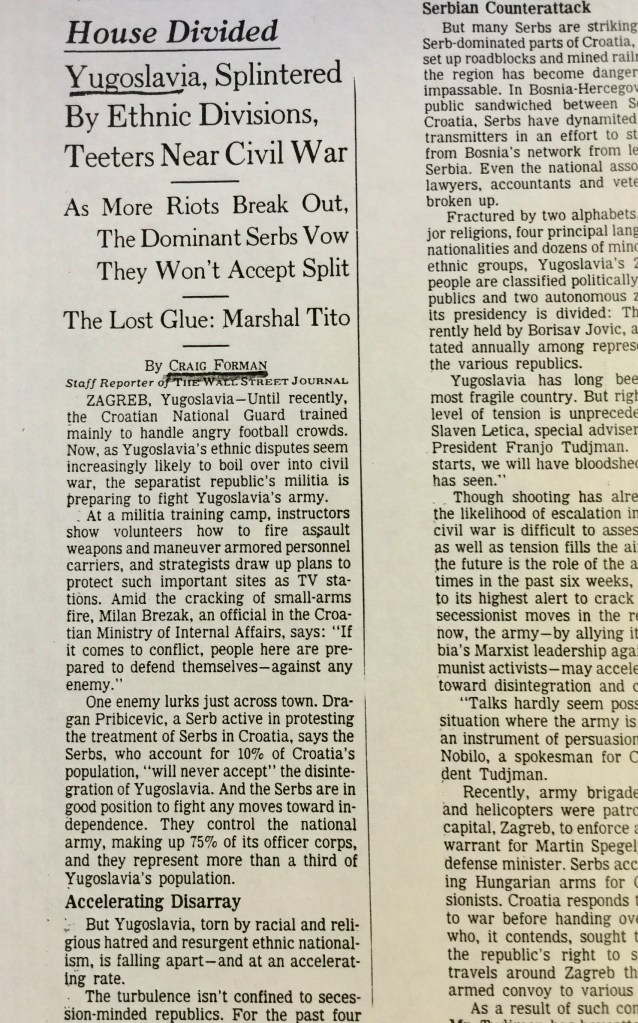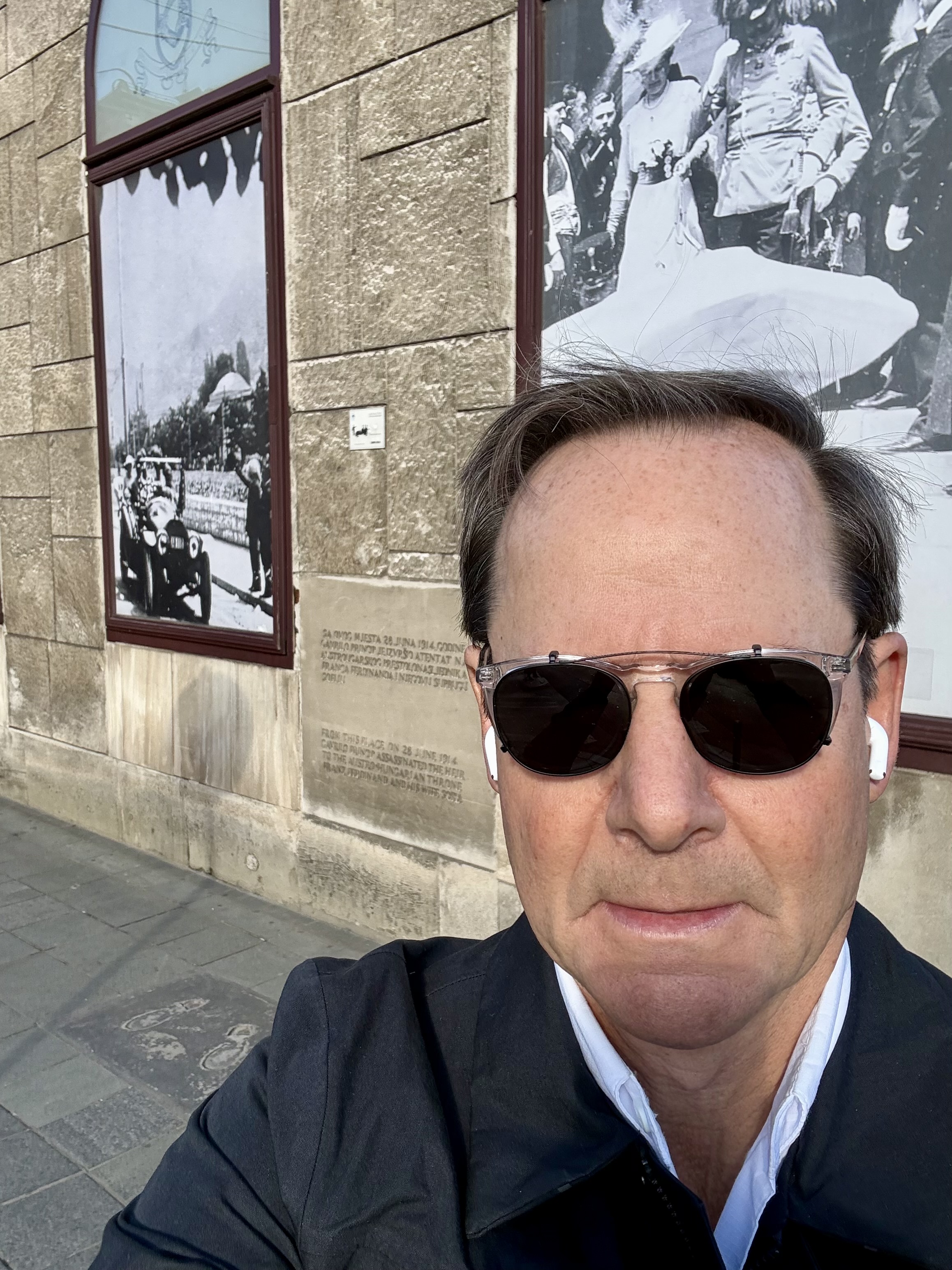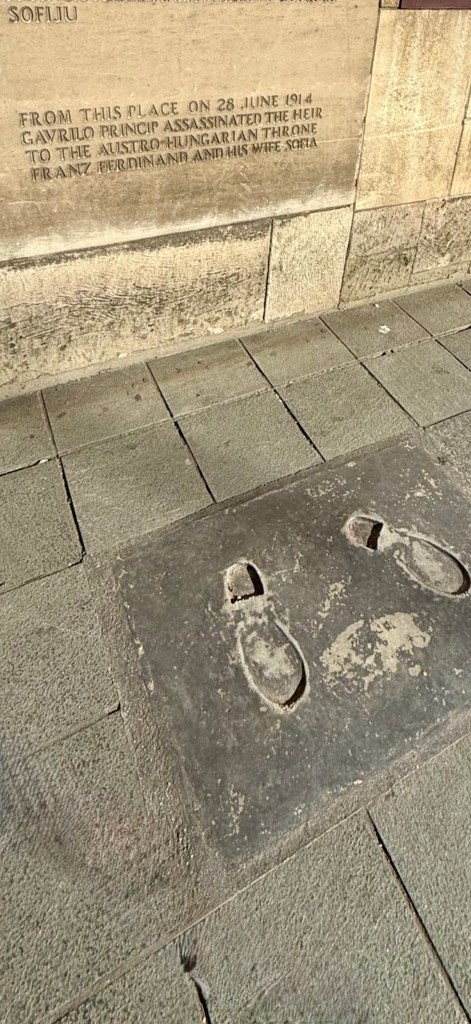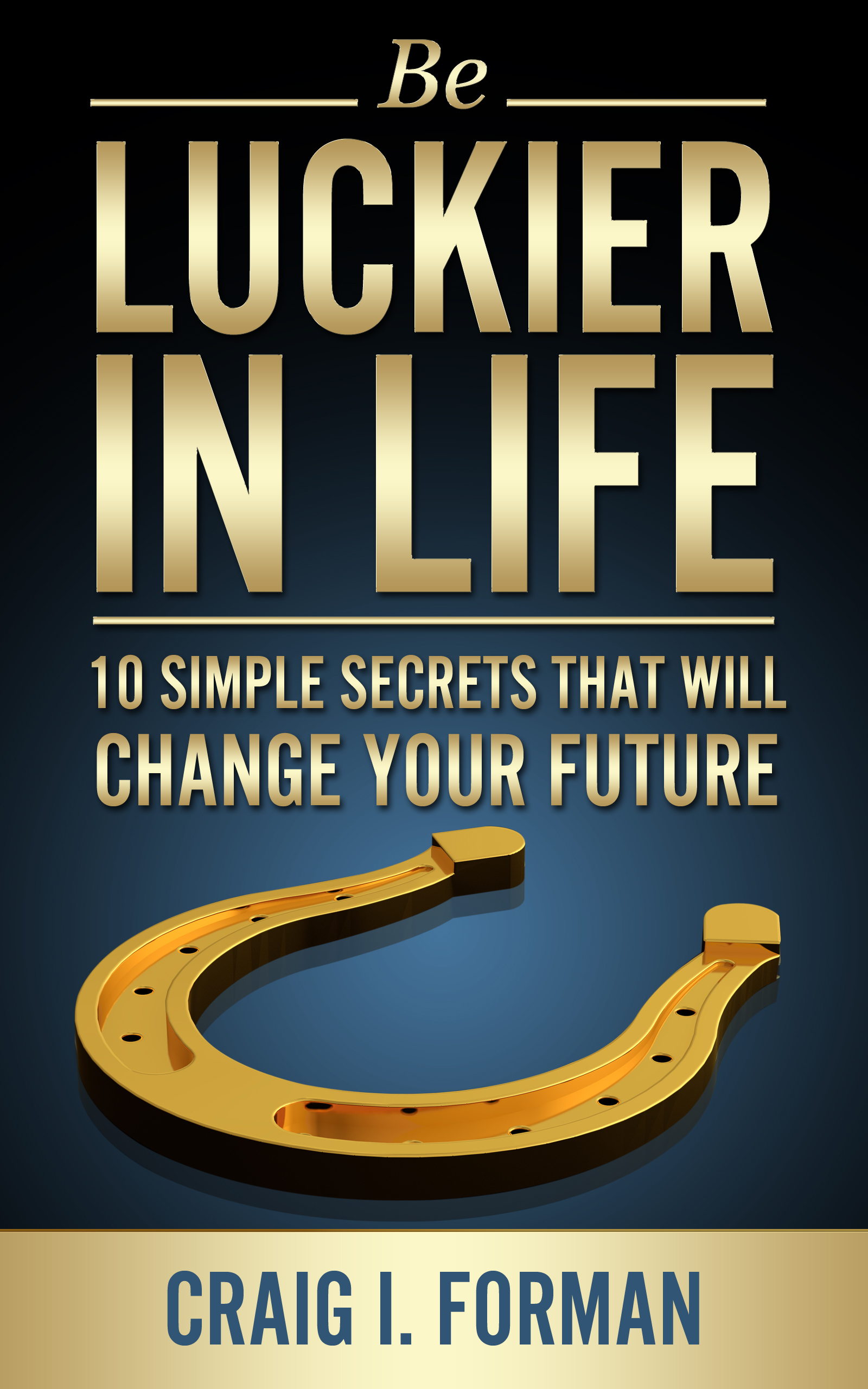You will decide the future of local news
BY CRAIG FORMAN MCCLATCHYAUGUST 30, 2020 07:00 AM
- EDITOR’S NOTE: McClatchy, which owns this newspaper, will emerge from bankruptcy, likely on Sept. 4. It will be owned by Chatham Asset Management. The following column represents a farewell to readers from the departing McClatchy CEO.
“Your business model is literally throwing yesterday’s news at people’s houses. How long did you really think that would last?’’
That provocative question wasn’t on many people’s minds some years ago, when I left newspapering for the first time. That era marked the golden-age peak for American newspapers and had provided me a once-in-a-generation opportunity to report the world as a Pulitzer-finalist foreign correspondent and bureau chief at The Wall Street Journal.
And more than a few colleagues thought I was crazy when I left a promising career in journalism for a speculative Silicon Valley startup. This was the era before the iPhone, Facebook, and TikTok, and the internet was so new colleagues thought a “search engine” was a newfangled kind of executive recruiting for the digital age.
Now, as I leave newspapering for a second time to return again to Silicon Valley, I hand over the helm of McClatchy to Chatham Asset Management, which will become the new owner. This is the first change in the McClatchy family’s ownership in 163 years.
McClatchy’s emergence from court-supervised bankruptcy reorganization provides a great opportunity, and a unique moment: McClatchy will have a stronger balance sheet and capital structure and put the heavy debt load and pension burdens of previous decades behind.
What will the future hold? I’m reminded of a parable the novelist Toni Morrison shared in her acceptance speech for her Nobel Prize for Literature. It was about a young child who thought he could outsmart an old, blind woman known for her wisdom. He held a small bird in his hands and asked the old woman if the bird was dead, or alive.
I’ll tell you the end of the parable in a few paragraphs.
No question, as McClatchy emerges, the landscape of local news looks vastly different, and in some ways even more daunting, than the dawn of the consumer internet revolution almost 25 years ago.
The challenges facing local news pose tremendous questions for our communities and our way of life. Digitalization has created headwinds for the print advertising revenue that once sustained much larger newsrooms. Newspaper revenue never recovered from the 2006 recession, and American newspaper revenues are today $35 billion lower annually — a decline accelerated by this year’s Covid-19 pandemic. That decrease has led to waves of job reductions, and the closure of more than 2,000 local newspapers in the United States.
We must overcome these challenges. Data show that when the local newspaper closes, communities suffer — there is increased polarization and less political engagement, and even borrowing costs soar for local governments in the absence of independent-press oversight.
Moreover, we cannot ignore the persistent attacks on the press. While many surveys show that the American people still put considerable trust in their local sources of news, the vilification of the press has made life worse — and headwinds stronger — for all, with no discernible benefit to anyone.
As America’s second-largest local news company, McClatchy is doing its part to save local news. For starters, this enterprise is blazing a trail for sustainable local news and in the last three years McClatchy has become profoundly digital, led by world-class digital-first leaders organized the way a Silicon Valley company is organized — by function, not geography.
The business is now roughly 50% subscriber revenue—many thanks to all of you who subscribe to digital, print or both — and almost 50% digital revenue vs print. This is a far better and self-sustaining mix for an era where the revenue growth is in digital.
Your trust in us at McClatchy and your financial support are proving the value of local news. We are gratified that nearly 700,000 of you are paid digital customers. And this is my moment to thank 2,800 resilient and tireless colleagues who are among the strongest single team in local news, well-prepared for the challenges ahead alongside my successor as CEO Tony Hunter and the new owners to whom I wish the best.
Nonetheless, the headwinds remain. While McClatchy emerges from reorganization stronger, local news still faces big challenges to its business model and to returning to growth in revenue and in profitability.
So what are the solutions for a healthier local news environment? There isn’t a simple prescription to build a sustainable future for local news. But here are some thoughts.
McClatchy’s transformation shows that by focusing on fearless journalism, relentless customer engagement, standout products and a sensible focus on sustainable operating cash flow, publishers can accelerate digital success and build a sustainable local news business.
Reporting in service of the public — the sort that produces award-winning investigation of Kansas statehouse secrecy and the Miami Herald’s impactful work on sex predator Jeffrey Epstein — drives successful engagement, subscription and audience economics.
This sort of journalism requires persistence and dedication as well as resources and scale. This work also reflects the steadfast commitment of a proprietor unafraid to take on tough stories, and unwilling to compromise integrity. This is a moment for me to thank the McClatchy family, led by Chairman Kevin McClatchy and our fellow board members, for their unwavering commitment to independent local news in the public interest.
That is why we counter know-it-alls who say “just let the large news chains die.” While it will take a blended new innovative model to reach success, there isn’t a startup in local news that has the scale or resources to have achieved this level of investigative coverage.
McClatchy has never lost sight of its mission of independent journalism in the public interest, evidenced by our 54 Pulitzer Prizes. While we are a smaller organization, we continue to “punch above our weight.” Keeping the product strong and focused — essential to its community — is at the core of success.
We are proud, too, on the days we launch The Compass Experiment for new communities, which in partnership with Google has returned vibrant local news to such news deserts as Youngstown, Ohio and Longmont, Colorado. We also pioneered easy ways for readers to add digital subscriptions via Subscribe with Google, Local News on Apple News Plus and on the Facebook News Tab.
More users reach our renowned brands through means other than the printed newspaper than ever before. And though our hundreds of thousands of paid digital customers sounds like a lot, it remains nowhere near big enough given the total addressable market. Successful local news requires a relentless focus on product quality, innovation and service delivery.
And the business model? This is why we worked so hard to stabilize operating cash flow. Digital is about half our business in the 30 communities around America that together make McClatchy — a better balance than the 80%-plus reliance on print advertising in some markets that we faced in 2017. But the print side of the business remains challenged as more and more of you seek out news and information on your mobile devices.
Facing this truth, managing cost becomes important. That is why we worked so hard to cut costs (more than $300 million) and reduce the debt on this business. And have been able to do this, paying off almost $4 billion in debt and funding the pension to $1.4 billion, because McClatchy has produced strong cash flow. Leverage is a burden — through interest payments and debt service — that slows the ability to invest in news, product and technology.
Radical thinking is needed in local news. I believe we need a multidisciplinary approach to understanding and developing solutions.
There are digital start-ups taking a new approach along with promising experiments with not-for-profit business models in Philadelphia and in Salt Lake City. The Knight Foundation has produced a useful guide on operating as not-for-profits. In addition, partnerships to add community-funded resources, such as the Report For America program, are a helpful and important start.
Also required is both an understanding of the capital markets and capital structures of legacy “chains” and startups, whose business models themselves are speculative and even fragile, as well as the legal framework in which local news operates. Equally critical is understanding Silicon Valley and the major tech social media, search and other platforms that now control so much of how people access as well as the regulatory framework that determines revenues between the platforms and news publishers.
But most important of all is you. Your support, by subscribing, by engaging, by sharing, by objecting, by being citizens interested in the news and information in your communities, is the key factor that will determine the future of local news. Media companies will have a lot to say about the future of media. But so too will neighbors who pursue knowledge, seek justice and serve others.
I am certain strong, sustainable local news is possible. It will require a coalition of the willing. And it is necessary for our democracy.
So now, back to Toni Morrison and the parable of the small bird and the little boy.
The little boy challenged the old, blind woman and asked: “Is this little bird dead or alive?” His plan was, if she said, “It’s alive,” he would squeeze the life out of the bird. If she said it was dead, he would let the bird fly away. Either way, he would be right.
“Old lady, is this bird dead or alive?” She stood silently. The boy started to laugh.
Then she spoke. “It is in your hands.”
McClatchy and other local news companies will continue to create a space where people can debate and disagree but still “dwell together in unity.” We will continue to serve our communities, and you, with local news and information you can trust. We have for the past 60,000 days. And we intend to for the next 60,000.
But the future of local news? The answer is truly “in your hands.”
Craig Forman is president and chief executive of the McClatchy Co. He is a technology executive and investor and is returning to his role as West Coast general partner of Next News Ventures based in San Francisco.
To see this column in the original, click here: https://www.miamiherald.com/article245264070.html




